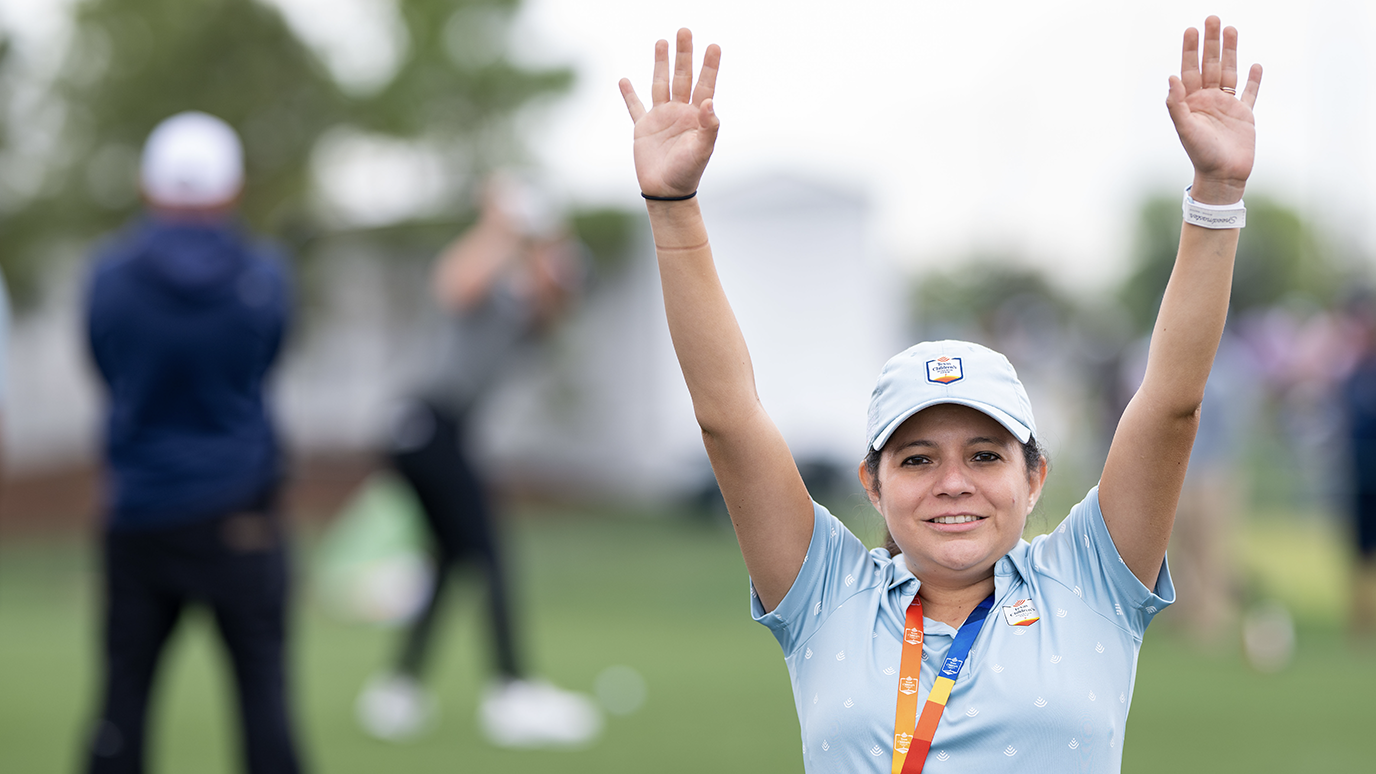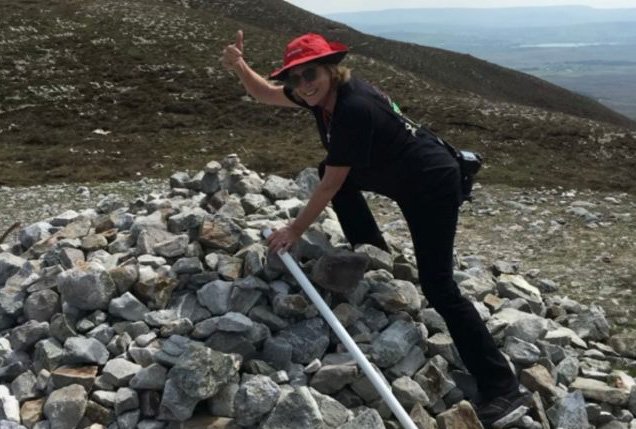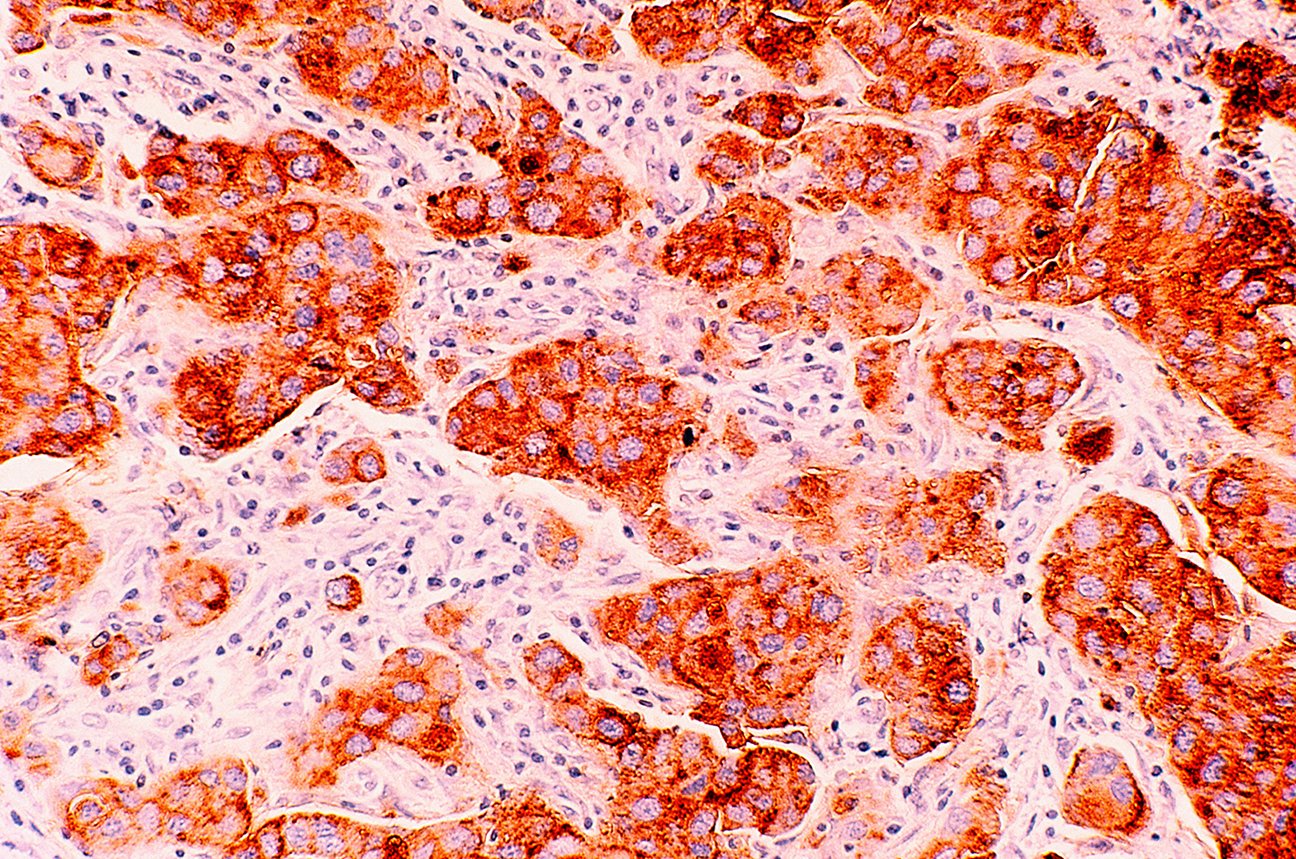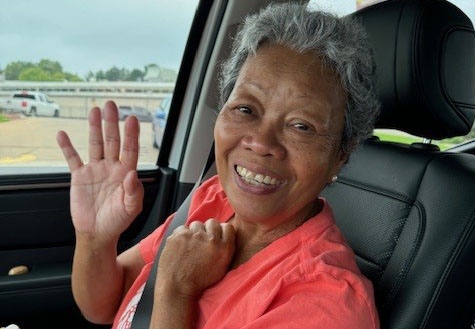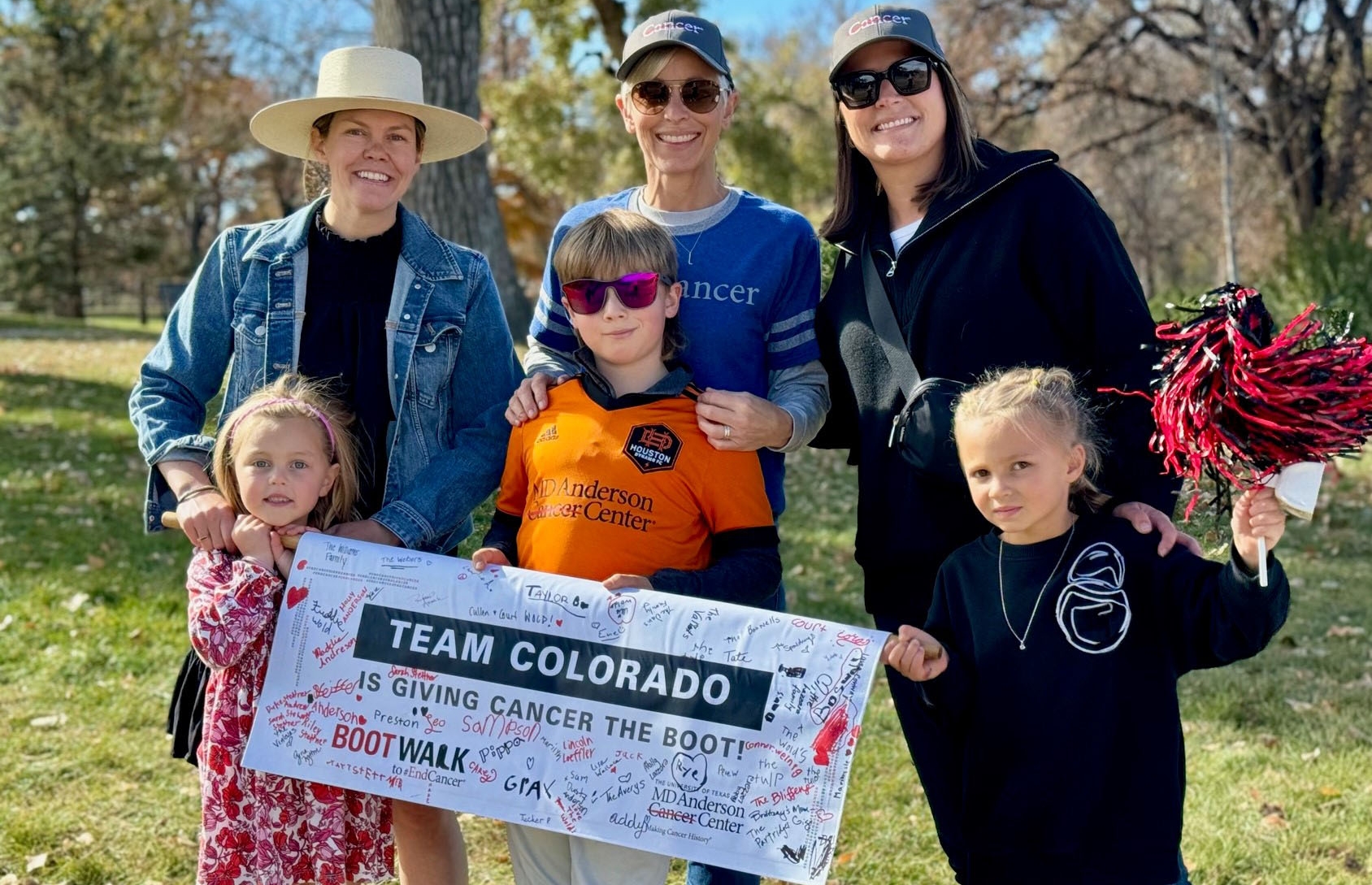- Diseases
- Acoustic Neuroma (14)
- Adrenal Gland Tumor (24)
- Anal Cancer (68)
- Anemia (2)
- Appendix Cancer (16)
- Bile Duct Cancer (26)
- Bladder Cancer (72)
- Brain Metastases (28)
- Brain Tumor (232)
- Breast Cancer (714)
- Breast Implant-Associated Anaplastic Large Cell Lymphoma (2)
- Cancer of Unknown Primary (4)
- Carcinoid Tumor (8)
- Cervical Cancer (158)
- Colon Cancer (166)
- Colorectal Cancer (116)
- Endocrine Tumor (4)
- Esophageal Cancer (44)
- Eye Cancer (36)
- Fallopian Tube Cancer (8)
- Germ Cell Tumor (4)
- Gestational Trophoblastic Disease (2)
- Head and Neck Cancer (12)
- Kidney Cancer (128)
- Leukemia (342)
- Liver Cancer (50)
- Lung Cancer (286)
- Lymphoma (278)
- Mesothelioma (14)
- Metastasis (30)
- Multiple Myeloma (100)
- Myelodysplastic Syndrome (60)
- Myeloproliferative Neoplasm (4)
- Neuroendocrine Tumors (16)
- Oral Cancer (100)
- Ovarian Cancer (172)
- Pancreatic Cancer (160)
- Parathyroid Disease (2)
- Penile Cancer (14)
- Pituitary Tumor (6)
- Prostate Cancer (146)
- Rectal Cancer (58)
- Renal Medullary Carcinoma (6)
- Salivary Gland Cancer (14)
- Sarcoma (238)
- Skin Cancer (296)
- Skull Base Tumors (56)
- Spinal Tumor (12)
- Stomach Cancer (64)
- Testicular Cancer (28)
- Throat Cancer (92)
- Thymoma (6)
- Thyroid Cancer (96)
- Tonsil Cancer (30)
- Uterine Cancer (80)
- Vaginal Cancer (16)
- Vulvar Cancer (20)
- Cancer Topic
- Adolescent and Young Adult Cancer Issues (20)
- Advance Care Planning (10)
- Biostatistics (2)
- Blood Donation (18)
- Bone Health (8)
- COVID-19 (362)
- Cancer Recurrence (120)
- Childhood Cancer Issues (120)
- Clinical Trials (630)
- Complementary Integrative Medicine (22)
- Cytogenetics (2)
- DNA Methylation (4)
- Diagnosis (232)
- Epigenetics (6)
- Fertility (62)
- Follow-up Guidelines (2)
- Health Disparities (14)
- Hereditary Cancer Syndromes (126)
- Immunology (18)
- Li-Fraumeni Syndrome (8)
- Mental Health (116)
- Molecular Diagnostics (8)
- Pain Management (62)
- Palliative Care (8)
- Pathology (10)
- Physical Therapy (18)
- Pregnancy (18)
- Prevention (914)
- Research (392)
- Second Opinion (74)
- Sexuality (16)
- Side Effects (604)
- Sleep Disorders (10)
- Stem Cell Transplantation Cellular Therapy (216)
- Support (402)
- Survivorship (320)
- Symptoms (182)
- Treatment (1786)
Breast cancer survivor: Why I participated in three clinical trials
3 minute read | Published June 02, 2017
Medically Reviewed | Last reviewed by an MD Anderson Cancer Center medical professional on June 02, 2017
I am the only person in my family who has survived cancer. My mother died of leukemia when I was 29, my father and stepfather died of stomach and jaw cancer (respectively) when I was 31, my father-in-law died of lung cancer when I was 35, and my sister-in-law died of lung cancer when I was 44.
So when I was diagnosed with stage IIA invasive ductal carcinoma — a type of breast cancer — in June 2015, telling my children was probably the worst part, because they’d never known a success story.
Recognizing breast cancer symptoms
I started experiencing breast cancer symptoms in the fall of 2014, though I didn’t recognize them at the time. My husband had bought me a backpack for an upcoming trip, and it kept causing me discomfort under my right arm. The bag was made of very heavy saddle leather, so I didn’t give it much thought. I just figured it needed breaking in.
Then I went to New York City, and the backpack was the only bag I took with me. After using it all week, it didn’t seem unusual that I was feeling pain under that same arm. But even after we got back, the pain didn’t go away.
By February 2015, I was starting to feel something else under that arm, too, but it wasn’t really a lump, just a slight thickening of the tissue. I finally went to the doctor in June. That’s when I learned I had breast cancer.
Targeted therapy at MD Anderson
My doctor referred me to Meghan Karuturi, M.D., at MD Anderson. She recommended chemotherapy, targeted therapy and surgery. The drug combination I received was called “TCHP” (taxotere, carboplatin, herceptin, perjeta).
And even though I only had cancer in my right breast, I opted for a double mastectomy with no reconstructive surgery. I like symmetry, and I figured no one would look twice at a flat-chested woman, but they sure would stare at a one-breasted or a lopsided woman. Plus, if I kept one breast, I’d have to wear a prosthesis all the time just to look normal, and that seemed like too much trouble.
The day before my double mastectomy, I had a biopsy of the tumor. It showed no cancer, just scar tissue. The chemo had killed everything. My surgeon, Sarah DeSnyder, M.D., suggested we just do a lumpectomy instead, but I don’t have a good track record with things like that, so I said no.
A trio of breast cancer clinical trials
I did, however, say “yes” to clinical trials at MD Anderson. In fact, I participated in three. One studied the best way to predict arm swelling in breast cancer patients. Another compared a new type of imaging scan with an ultrasound to see which more clearly showed that breast cancer was responding to chemotherapy. A third compared what was found during a biopsy with what was found during surgery to see if future breast cancer patients could avoid surgery.
I joined all of these clinical trials because if I don’t help, the next person might not make it. And what if that next person is my daughter? Doctors can’t learn if people say no, so I did it.
The worst thing I can say about the clinical trials was that I had to sit still for quite some time during one scan. But that was only an extra hour, so it was no big deal.
Celebrating ‘no evidence of disease’
Today, I show no evidence of disease, and I haven’t since November 2015. I credit Dr. Karuturi and the rest of my care team for that.
When I was first diagnosed with cancer, I was absolutely terrified, but MD Anderson has been incredible. It really was the right move to come here, and I will never regret it.
Request an appointment at MD Anderson online or by calling 1-877-354-0858.
Related Cancerwise Stories

If I don’t help, the next person might not make it.
Michelle Hines
Survivor

